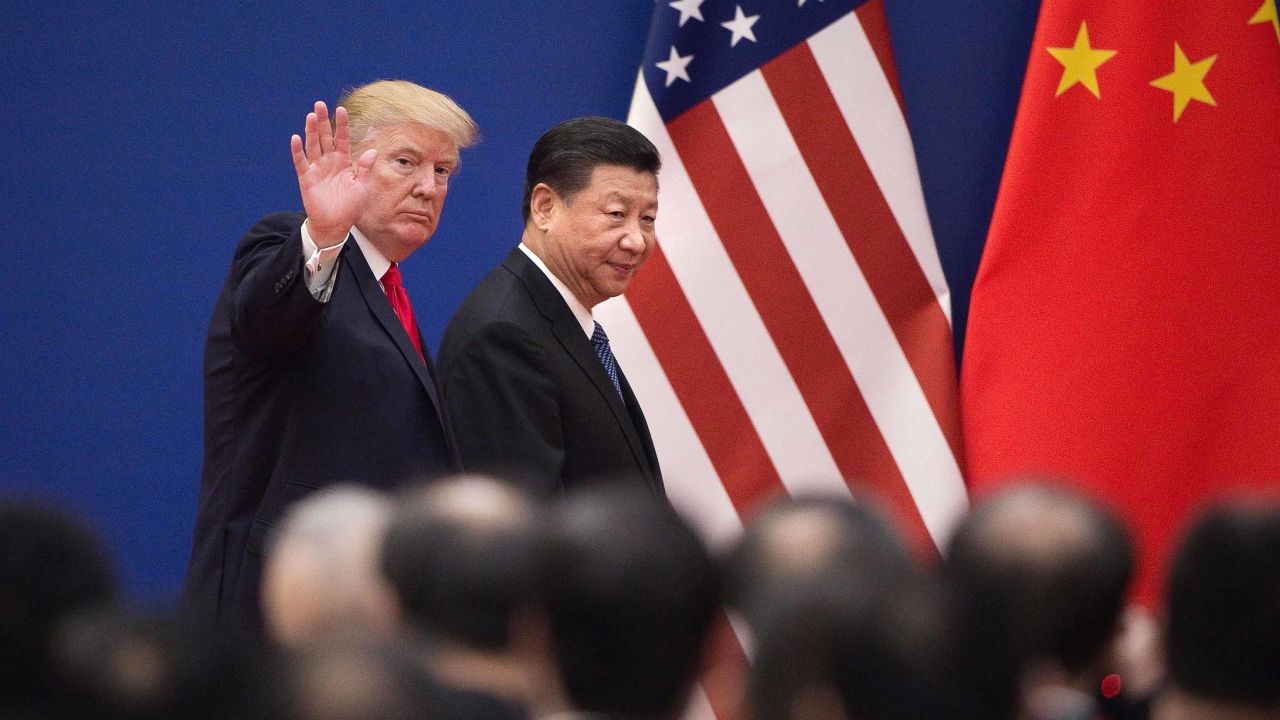President Trump has expressed his willingness to meet with Xi Jinping, China’s primary leader, in Washington.
In Beijing, both officials and experts from China concur that a meeting between the heads of state is essential before any significant reshaping of relations with the United States can take place, especially given Mr. Trump’s assertive stance on trade and foreign policy.
However, organizing such a meeting is proving to be a slow and challenging process.
Montana Senator Steve Daines, who visited Beijing this month as an informal emissary of Mr. Trump, stated that one of his primary objectives was to prepare for a presidential summit. After discussions with China’s Vice Premier for Economic Policy, He Lifeng, Mr. Daines mentioned in an interview that he expects a summit to occur by year-end — a timeframe slower than what many in Washington anticipated.
On the Chinese front, Communist Party officials and government advisors expressed in recent interviews that they were caught off guard by Mr. Trump’s swift actions regarding tariffs, Greenland, Ukraine, and other matters. They were particularly shocked by his abrasive public interactions with foreign leaders such as Ukraine’s President Volodymyr Zelensky. Consequently, they are hesitant to schedule a summit.
Tensions between Beijing and Washington could escalate this week as a new round of Mr. Trump’s tariffs is slated to take effect, imposing broader restrictions on trade.
Chinese officials are cautious about scheduling a summit until both sides reach an agreement on the specifics, including a deal that would remain in effect throughout Mr. Trump’s presidency. However, the Trump administration has not yet clarified what such a deal would entail.
“The Chinese side feels that the Trump administration has yet to determine how to effectively engage with China and reach a deal,” remarked Wu Xinbo, dean of the Institute of International Studies at Fudan University in Shanghai, on Friday.
“The Chinese side would prefer to wait for a more constructive and rational signal from the administration,” Mr. Wu added, having been part of an unofficial group of retired senior Chinese officials and academic advisors who engaged with American officials and experts last month in the United States.
Two additional Chinese experts acquainted with the discussions between the United States and China indicated that there might be a possibility for a meeting between the two leaders in New York City during the United Nations General Assembly in September. However, they pointed out that it’s uncertain whether sufficient progress can be made by that time, as they were not authorized to publicly comment.
In response to inquiries about the potential timing of a summit, the spokesperson’s office at China’s Ministry of Foreign Affairs stated that they had “no information to share at this moment.”
Mr. He engaged in a video call on Wednesday with Jamieson Greer, the United States trade representative, during which he voiced concerns about Mr. Trump’s implementation of two rounds of 10 percent tariffs on Chinese products thus far this year, according to a Chinese statement following the meeting.
In retaliation, China has already responded to Mr. Trump’s initial tariffs on Chinese goods by imposing additional tariffs on imports of American fossil fuels and agricultural products.
Senator Daines’s trip marks only the second congressional visit to China in over five years. While congressional members typically travel in delegations to foreign countries, no other senators or representatives chose to accompany Mr. Daines to Beijing.
In a surprising move on March 16, China suspended nearly all imports of American beef, the world’s largest importer of beef, following Mr. Daines’s outreach. This halt came after the country had previously imported $1 billion worth of American beef each year, largely from Mr. Daines’s state.
In March 2020, Beijing issued five-year licenses to several hundred American slaughterhouses to export beef to China. This followed years of intermittent disruptions in shipments caused by trade tensions and China’s alleged worries regarding mad cow disease in the U.S., despite international animal health experts deeming the beef safe. Moreover, China’s own beef sector has consistently opposed imports.
The recent lapse of these export licenses has effectively closed off the Chinese market, with shipments dropping to 54 tons in the week following the expiration, down from roughly 2,000 tons weekly.
The decision by Beijing not to renew the slaughterhouse licenses has placed additional pressure on Mr. Daines.
“The impact of this decision on U.S. ranchers is enormous, which is why I addressed this issue directly with Vice Premier He Lifeng,” Mr. Daines mentioned, adding that he was “urging China to reverse this decision.”
The spokesperson’s office at China’s foreign ministry indicated that they were “not aware” of the dispute regarding the slaughterhouse licenses…CONTINUE READING>>

